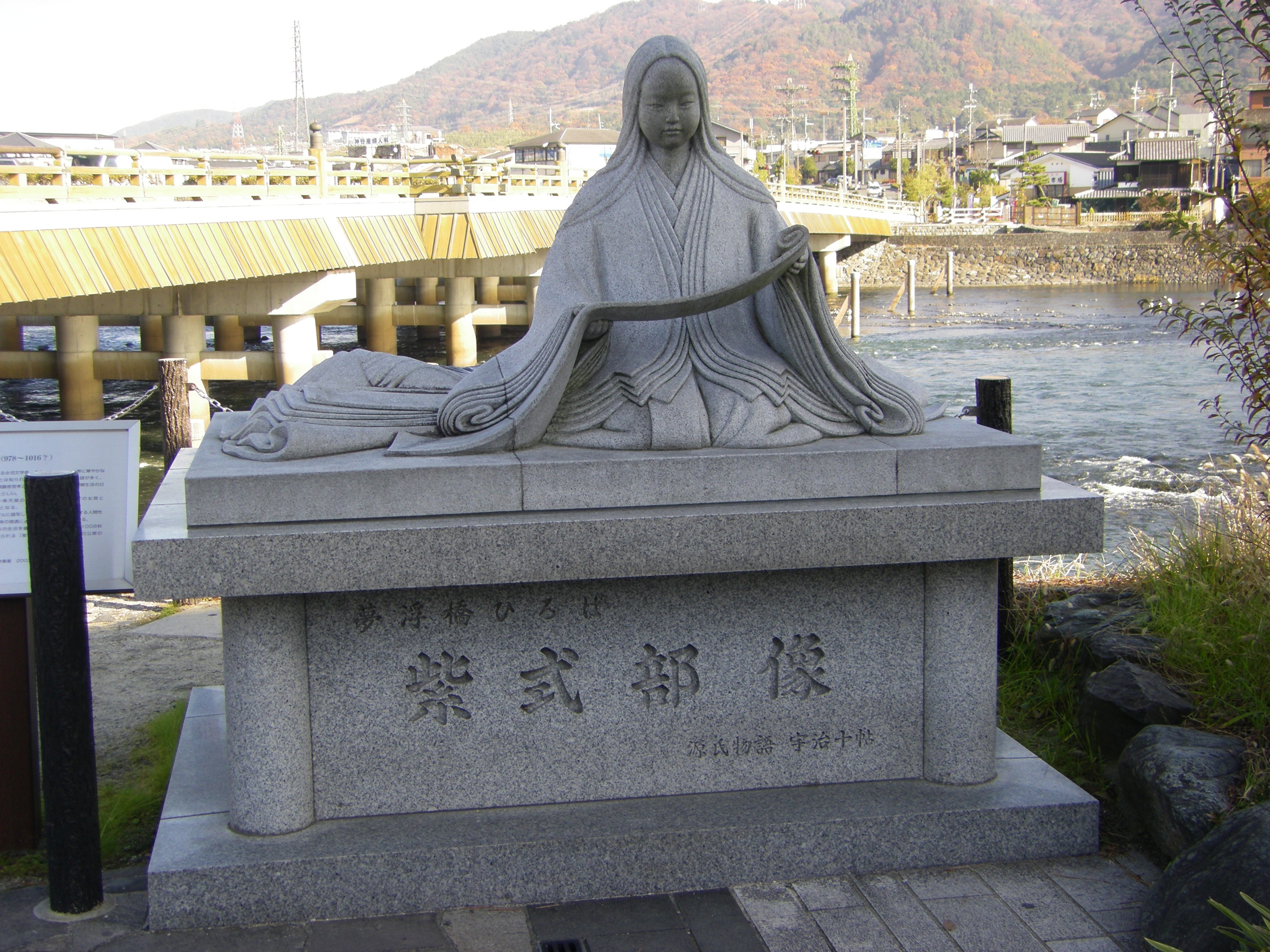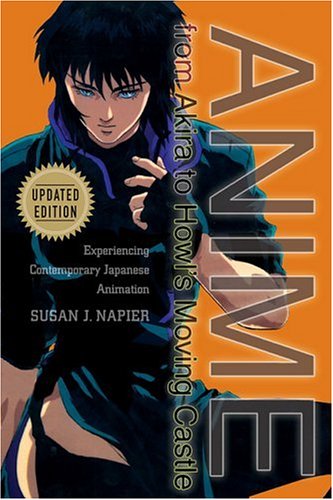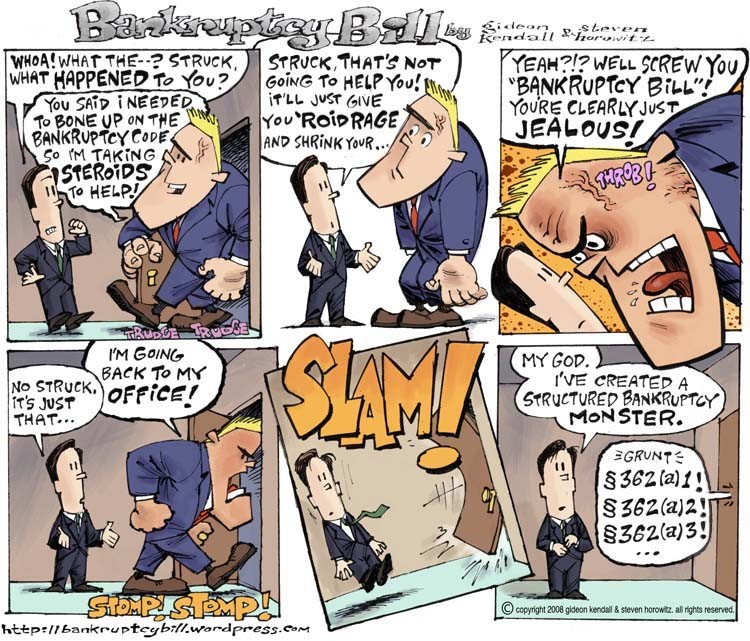![]() JetWit’s first media hit! An interview by Kinue Imai Weinstein in the January 9 edition of Yomitime, the free Japanese weekly publication, with me as well as with JETAA NY Magazine Editor Justin Tedaldi (CIR Kobe-shi, 2001-02).
JetWit’s first media hit! An interview by Kinue Imai Weinstein in the January 9 edition of Yomitime, the free Japanese weekly publication, with me as well as with JETAA NY Magazine Editor Justin Tedaldi (CIR Kobe-shi, 2001-02).
 My name is Rick Ambrosio (Ibaraki-ken, 2006-08). And whether readjusting to post-JET life is something you’re facing now, will deal with in the future or if you just enjoy reconnecting with that awkwardly uncertain feeling you had when you got back from Japan, come along with me as I look for a new job, a new apartment, and yes, mow the lawn of my parent’s house. Tadaima!
My name is Rick Ambrosio (Ibaraki-ken, 2006-08). And whether readjusting to post-JET life is something you’re facing now, will deal with in the future or if you just enjoy reconnecting with that awkwardly uncertain feeling you had when you got back from Japan, come along with me as I look for a new job, a new apartment, and yes, mow the lawn of my parent’s house. Tadaima!
Hello all. Yes, I’m back, still living at home, doing chores and looking for work! Apologies about the long black out and happy new year to all! I think Julie, who writes Editorial Pursuits, really did a great job summarizing how I feel right now, in terms of thanking people, looking for work, and dedicating myself to working harder. So thanks Julie, you saved me a good amount of space to write about…. (Drum Roll)
The Puppy! That’s right. As if I needed more distractions, this Christmas my sister wanted one thing, and she got it. A puppy. A deviously cute, usually well behaved puppy. Let me outline what that first week was like.
Day 1: Love Puppy. He’s so cute. Did you see that? He looked at me! Sooo cute!
Day 3: Puppy is cute. He pees where he shouldn’t, and Read More
QUESTION
In a recent post on her blog travelingtastebuds.blogspot.com (“Growing Pains“) Devon Brown (Tokyo-to, 2002-04) describes a situation where she submitted a travel writing piece to an editor (her first hit with a national publication) only to see a published version that looked rather different than what she submitted, in rhythm and voice.
She wonders: Is this normal or typical? Or is this just what she should expect?
JetWit.com put the question to JET alumni in the Writers Interpreters Translators (WIT) Group.
Click “Read More” to read their responses. Read More
Haiku Challenge #3 – Winner!
********************************
Roland Kelts (Osaka, 1998-99), author of Japanamerica, has reviewed all haiku submissions containing the designated word “pop“ for Haiku Challenge #3 and has selected a winner to receive a free copy of Japanamerica + Susan Napier’s Anime: From Akira to Howl’s Moving Castle.
Says Roland: “As a half-Japanese drummer and writer, I can’t resist finding a paradiddle and bubble-blowing carp in a haiku. Congratulations, Julie Matysik–and thanks to all for stellar contributions.”
THE WINNER
A paradiddle.
The sticks connect, pop, bounce,
like koi blowing bubbles.
—Julie Matysik (Yamanashi-ken, 2006-07)
**********
Click “Read More” to read the rest of the haiku submissions…
Read More
NYTimes article: Seeking the Essence of Japan? Look to Germany
JET alum David Kowalsky, a Seattle-based technical writer, alerted me to an interesting article in the NYTimes the other day: “Seeking the Essence of Japan? Look to Germany” http://www.nytimes.com/2009/01/11/movies/11stua.html?_r=1&ref=movies
Regarding the brief talk toward the end of the article about the similarities between Germany and Japan, David comments that the way Germany and Japan have dealt with their war guilt has been very different. He recommends a good book on the topic called Wages of Guilt: Memories of War in Germany and Japan by Ian Buruma. http://www.amazon.com/Wages-Guilt-Memories-Germany-Japan/dp/0452011566/ref=sr_1_1?ie=UTF8&s=books&qid=1231728075&sr=1-1
Side note: David also mentions that he (like me) first “discovered” Ian Buruma way back when he read the now out-of-print book Behind the mask: On sexual demons, sacred mothers, transvestites, gangsters, drifters and other Japanese cultural heroes http://www.amazon.com/Behind-mask-transvestites-gangsters-drifters/dp/0394537750/ref=sr_1_21?ie=UTF8&s=books&qid=1231728470&sr=1-21.
WIT Life #17: Coming of Age in an Insecure World
WITLife is a periodic series written by professional Interpreter/Translator/Writer Stacy Smith (Kumamoto-ken, 2000-03). In her recent posts, she’s been watching the news in Japanese and sharing some of the interesting tidbits and trends together with her own observations.
 Coming off the news that Toyota reported its first operating loss in 70 years, Japan’s other leading manufacturers are also falling victim to the high yen and global recession. Sony just announced that it will have its first profit loss in 14 years, despite the fact that it was in the black with profits of 200 billion yen in March of last year. For the business year through this March, it looks like Sony may post an operating loss of 100 billion yen ($1.1 billion). Toshiba also revealed that it will have its first operating loss in 7 years, due largely to slumping sales of its semiconductors.
Coming off the news that Toyota reported its first operating loss in 70 years, Japan’s other leading manufacturers are also falling victim to the high yen and global recession. Sony just announced that it will have its first profit loss in 14 years, despite the fact that it was in the black with profits of 200 billion yen in March of last year. For the business year through this March, it looks like Sony may post an operating loss of 100 billion yen ($1.1 billion). Toshiba also revealed that it will have its first operating loss in 7 years, due largely to slumping sales of its semiconductors.
However, in the midst of all this doom and gloom there was a bit of good cheer in Japan yesterday as nationwide more than 1.3 million 20-year olds celebrated Seijin no hi or Coming of Age Day. Seijinshiki (ceremonies) took place from Hokkaido to Okinawa, and this first generation of Heisei (1989~) seijin shared their hopes and fears with reporters. With a large percentage of college students, many expressed the desire to Read More
Editorial Pursuits #6: JETs Rule! – By Julie Matysik
Julie Matysik (Yamanashi-ken, 2006-07) is a freelance copy editor and aspiring in-house editor who recently moved to NYC with her husband (also a JET alum). She has just started an internship in editing/publishing/writing. Editorial Pursuits chronicles her job hunting efforts, experiences and lessons learned.
Happy New Year, Jetwit readers!
I apologize for my prolonged absence from the website but, seeing as how I’m still without a paying job, still unsuccessfully finding new job postings congruent with my entry-level publishing knowledge, and still without any interviews for jobs I’ve applied to weeks ago, I didn’t really know what to write about as we rang in 2009. I sort of feel as though I’ve hit that proverbial brick-in-the-wall and can’t seem to wedge myself out of this tacky substance known of my frustrating editorial pursuits.
So, while I am unable to relay any quirky anecdotes about my present internship situation or to go on a tirade about the publishing industry’s apparent doomsday, I do want to express my sincere gratitude to all of you former JETs out there who have been so open to helping people like me, who are struggling in this tough economic time, by offering advice and support in the continuing job search. I think sometimes living in such a big place like New York City, one can easily forget that there are really genuine, kind, and caring people out among the snotty, rude, and self-important citizens of The Big Apple.
Since beginning my job search in September of last year, I’ve been the recipient of multiple acts of kindness from former JETs and I believe this is a testament to the sort of people JET attracts. So many of you are more than willing to go out on a limb and help your cohorts and I dedicate this posting to all of you. Thank you for all you’ve done and continue to do in making not only me but others in this network feel a little more hopeful and a little less lonely.
That said, here is my obligatory New Year’s Resolution: to continue networking and persevering until I have a job at a publishing house and to say “thank you” more often to my fellow JETs for their constant and unwavering support.
Devon Brown (Tokyo-to, 2002-04) is a freelance writer with a focus on food. You can read more of her writing at TravelingTastebuds.blogspot.com.
Here’s her latest post in which she comments on, and asks for perspective on, freelance travel writing:
I’m feeling betrayed, so just for today I need to digress from my usual subject matter.
About a month ago, I landed my first article in a national magazine. I worked hard on my little 250 word piece. I was getting paid $1 a word after all and this piece was my national debut. Well I turned that piece in and it was full of rhythm and pep and I was really proud. When I was asked to revise I understood, but when I read the final edited piece it looked nothing like me. Sure it was my subject matter, but my voice was gone, and my rhythm was gone. I had been hacked. And now I’m wondering if I’m being too sensitive.
Is this normal? Is this what I should expect as new-bee in this industry?
Japan Society presents Kazuko Shiraishi, the “Allen Ginsberg” of Japan, Friday, Jan. 30, 6:30pm
Interesting upcoming event at Japan Society in NYC:
JAPAN SOCIETY PRESENTS THE “ALLEN GINSBERG OF JAPAN,” WHO READS FROM NEW WORK, ACCOMPANIED BY LIVE JAZZ
My Floating Mother, City: An Evening with Kazuko Shiraishi
Friday, January 30, 2009, 6:30 pm at Japan Society
New York, NY – Japan Society presents an intimate evening with one of Japan’s foremost poets, Kazuko Shiraishi, in conjunction with the recent English-language collection of her poetry, My Floating Mother, City. Shiraishi, a pioneer in jazz-poetry collaboration, is joined by trumpeter Itaru Oki for a special live performance, and partakes in a discussion and Q&A moderated by Forrest Gander, author and Professor of English and Comparative Literature at Brown University. My Floating Mother, City: An Evening with Kazuko Shiraishi takes place Friday, January 30 at 6:30 pm and is followed by a reception. Read More
Nosh Pit: Ringing in the New Year with Toshi-Koshi Soba
 A recent post by JET alum Rosie DeFremery on her collaborative foodie blog Nosh Pit:
A recent post by JET alum Rosie DeFremery on her collaborative foodie blog Nosh Pit:
As I write this we are a little over one hour from ringing in the New Year here in icy New York City. It’s already 2009 in Japan, where they’ve just woken up to celebrate Oshogatsu, the Japanese New Year. Japanese residents of New York still keep some of the traditions while living overseas, as you could tell by visiting any Japanese market or store in the city. When I dropped by Chiyoda Sushi to pick up lunch this afternoon, customers were picking up elaborate osechi ryouri meals they’d ordered in advance (for a pretty penny too – well over $100). For the more budget conscious among us, however, they did have packages of fresh toshi-koshi soba noodles available. Upon catching sight of those I snapped one up to prepare at home.
Toshi-koshi soba noodles, which JustHungry translates roughly as “end the old year and enter the new year soba noodles,” will be familiar to anyone who’s eaten soba before. The only difference is
READ THE REST OF THE POST
Bankruptcy Bill #9: Bankruptcy on Steroids
Bankruptcy Bill is a cartoon created by Steven Horowitz (Aichi-ken, 1992-94) and Gideon Kendall. To see more strips as well as original bankruptcy haiku, go to bankruptcybill.wordpress.com.
JET alum encounters Lady Murasaki, scoops NYTimes
 After a recent business trip to Tokyo, Seattle JET alum David Kowalsky spent the weekend in Kyoto. He snapped this shot of the Lady Murasaki statue (a tribute to her authoring of The Tale of Genji), along his walk from Uji Station to the impressive Byodo-in Temple. Upon returning to the U.S., he subsequently noticed this article in the NYTimes — “Kyoto Celebrates a 1,000-Year Love Affair” — though he points out that while the NYTimes article mentions fans shooting photos in front of the statue, in his own experience there was nary a Genji fan to be found.
After a recent business trip to Tokyo, Seattle JET alum David Kowalsky spent the weekend in Kyoto. He snapped this shot of the Lady Murasaki statue (a tribute to her authoring of The Tale of Genji), along his walk from Uji Station to the impressive Byodo-in Temple. Upon returning to the U.S., he subsequently noticed this article in the NYTimes — “Kyoto Celebrates a 1,000-Year Love Affair” — though he points out that while the NYTimes article mentions fans shooting photos in front of the statue, in his own experience there was nary a Genji fan to be found.
Note: Look for David’s book review of Natsuo Kirino’s Real World in the upcoming issue of the JETAA NY Magazine, due out at the end of January.
Ozawa and Obama: Michael Auslin comments in WSJ Asia
 JET alum Michael Auslin (Resident Scholar at the American Enterprise Institute, former Professor of Japanese History at Yale University and one-time judge on Iron Chef America) has a new article in today’s Wall Street Journal Asia titled Ozawa and Obama that analyzes the state of Japan’s economy and political situation and discusses the ways that Japan and the U.S. need to work together.
JET alum Michael Auslin (Resident Scholar at the American Enterprise Institute, former Professor of Japanese History at Yale University and one-time judge on Iron Chef America) has a new article in today’s Wall Street Journal Asia titled Ozawa and Obama that analyzes the state of Japan’s economy and political situation and discusses the ways that Japan and the U.S. need to work together.
WIT Life #16: Home for the Holidays
WITLife is a periodic series written by professional Interpreter/Translator/Writer Stacy Smith (Kumamoto-ken, 2000-03). In her recent posts, she’s been watching the news in Japanese and sharing some of the interesting tidbits and trends together with her own observations.
Today’s news discussed Japanese travel trends during the New Year’s holiday, and it turns out that 2.87 million people passed through Tokyo’s domestic Haneda Airport during this time. Many were taking part in what’s called the u-turn rush, or the phenomenon of people returning to Tokyo and other big cities from their hometowns at the end of a holiday season. According to the survey, 84% were u-turning and 16% were coming back from places like Guam and South Korea where they could take advantage of the strong yen.
This piece did a check of what kind of omiyage people had received from their families. A young man from Okinawa had two large cheesecakes his mother had baked for him. A man from Kagoshima held Read More
WIT Life #15: Power Spots
 WITLife is a periodic series written by professional Interpreter/Translator/Writer Stacy Smith (Kumamoto-ken, 2000-03). In her recent posts, she’s been watching the news in Japanese and sharing some of the interesting tidbits and trends together with her own observations.
WITLife is a periodic series written by professional Interpreter/Translator/Writer Stacy Smith (Kumamoto-ken, 2000-03). In her recent posts, she’s been watching the news in Japanese and sharing some of the interesting tidbits and trends together with her own observations.
A visit to a shrine, or hatsumoude, is an essential part of Japan’s oshougatsu. This year’s visits incorporated the idea of power spots, or places from which you can receive special energy. Depending on what sort of wishes people hoped to fulfill, they made visits to “power spot shrines” targeted to their desires. The third most popular request was for success in business, and one temporary worker interviewed expressed hope that work would continue to come to him. Currently laborers such as himself make up 1/3 of the work force, and their protests have received much news coverage.
The second most popular request was for luck in love, with one woman insisting that the shrine she had been visiting for the last couple of years during oshougatsu was the reason she was able to get married last year. Incidentally, the idea of searching for a marriage partner in the same way as searching for a job has become so prominent in Japan that the expression “konkatsu” has come into vogue. This phrase derives from Read More




